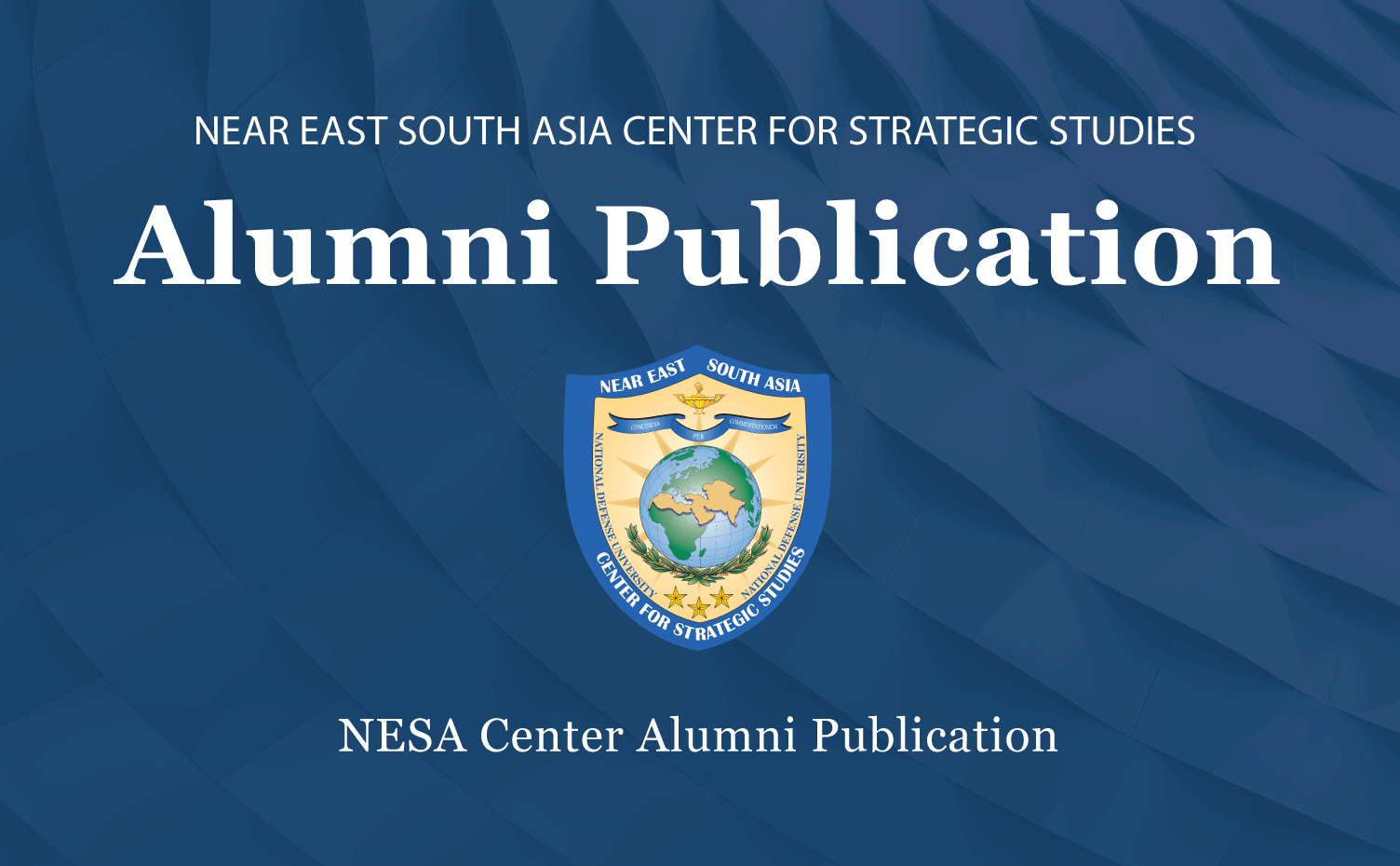
By: Matthew Wollen, F GS-13 USAF AFSOC OC/SPDP 14 June 2021 Introduction Throughout the decades following WWII, the U.S. was the dominant economic, political, and military influencer in the Middle East. Saudi Arabia, Qatar, the UAE, Bahrain, Israel, Kuwait, Iraq, and Iran all benefitted from one form of U.S. assistance or another. No other Read More >